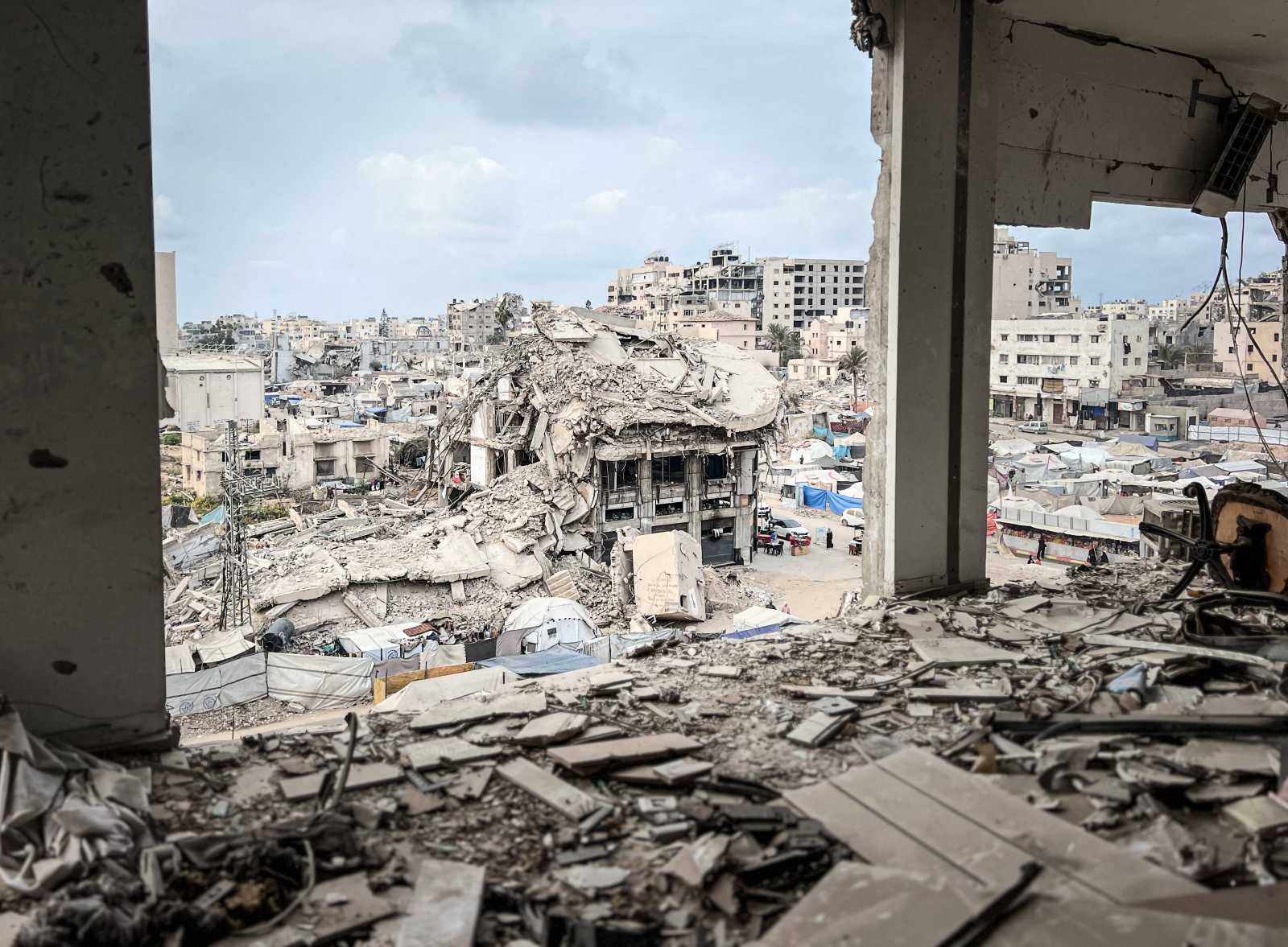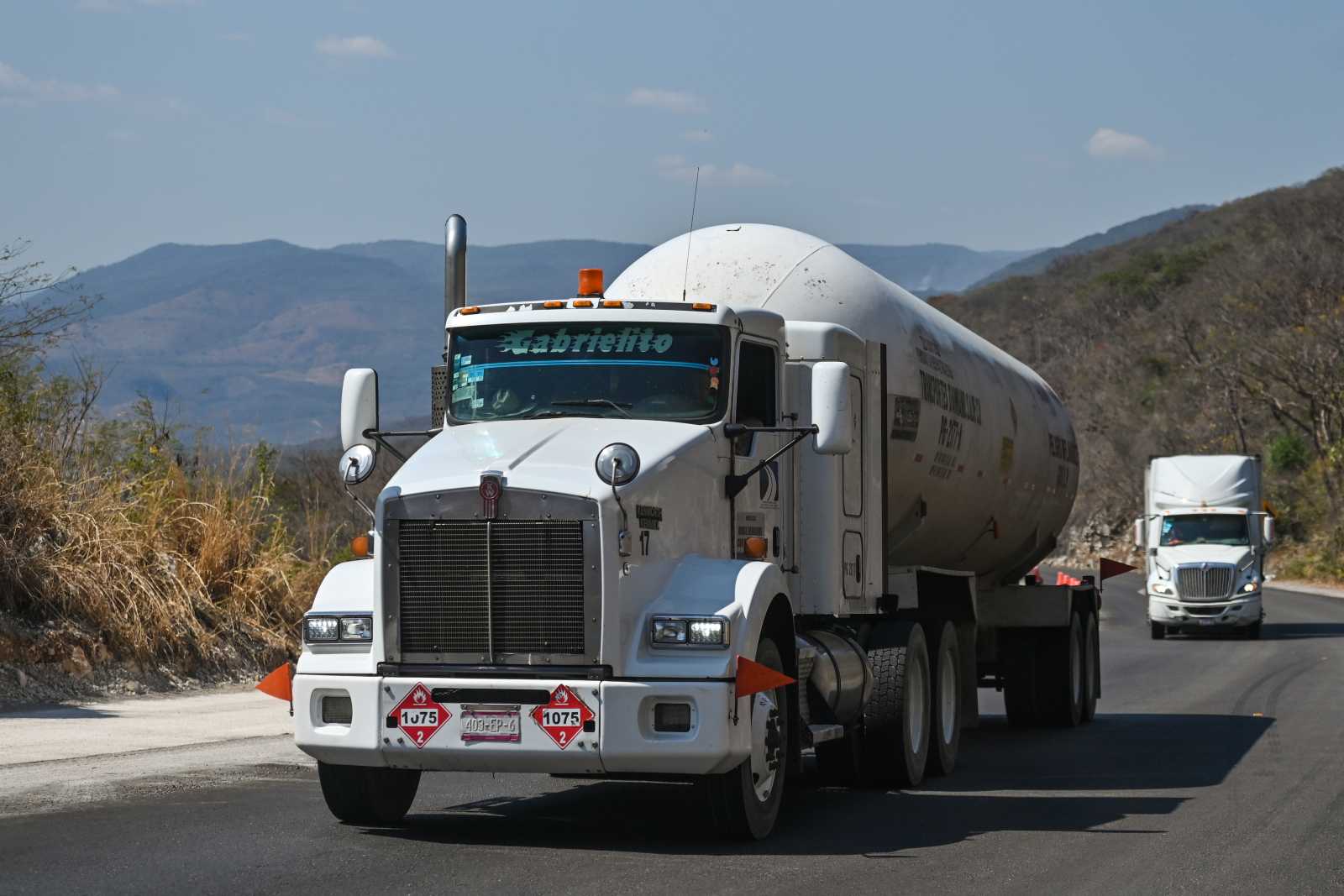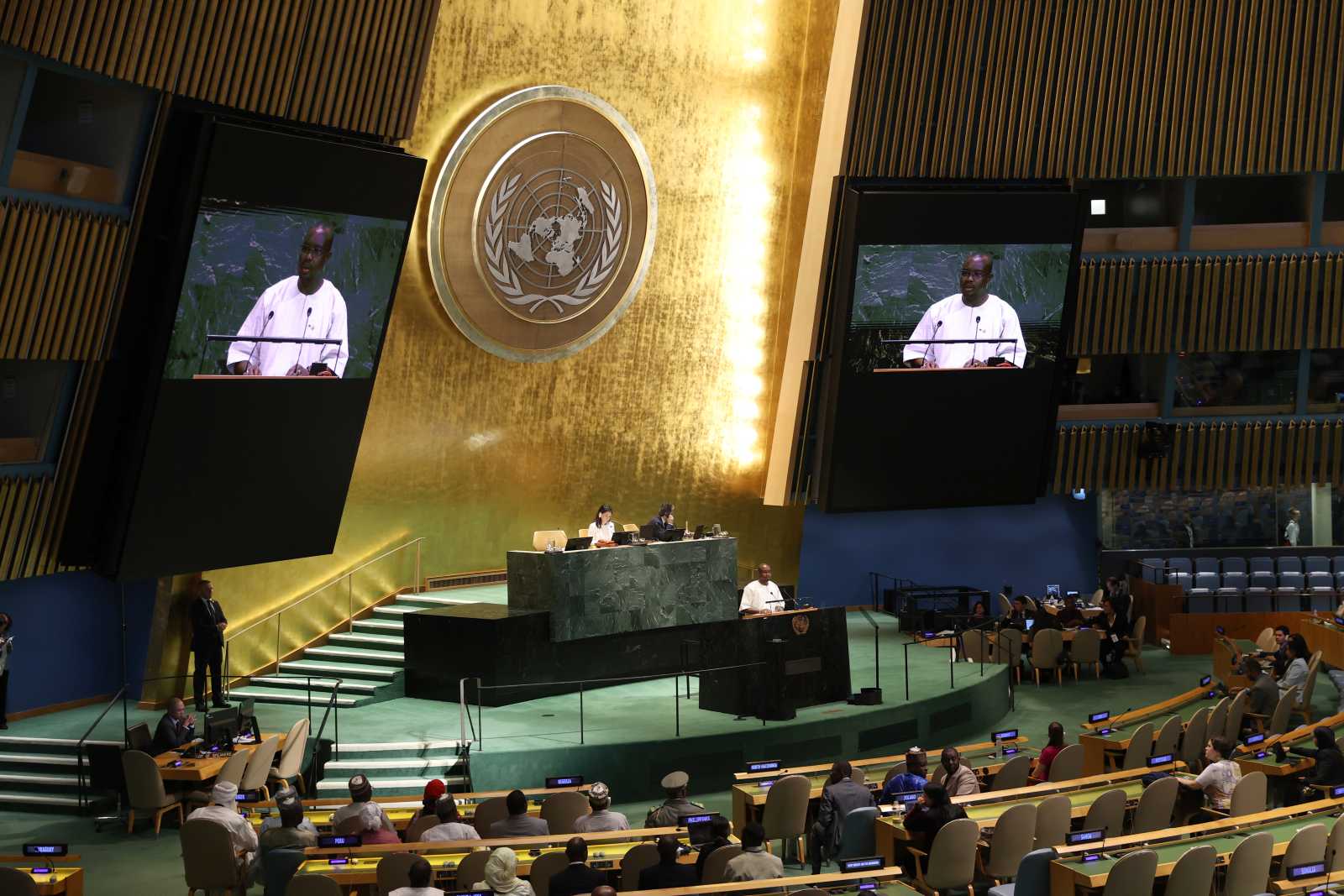Interview with Paul Romer
“Give poor people a choice”
Isn’t the idea of starting a new city and deliberately defining new rules undemocratic and authoritarian?
Rules may be legitimate to people because they voted for officials who made the rules. The same rules may be legitimate to others because they opted to move to a place where they apply. Many migrants respect the rules in destination countries. Nobody should be forced to come to what I’ve called a charter city, but more poor people should have the choice of moving somewhere with more opportunities. Charter cities would eventually develop systems of full democratic participation. Right now, the world needs more healthy new cities to accept the millions who want a change.
What kind of rules are necessary?
Two sets of rules take priority. First, people must feel safe and secure. A judiciary and a police force can ensure security. Policing will always be necessary for major crimes like assault or kidnapping, and intensive enforcement of formal rules can help shape norms early on. Once a culture of compliance with rules is established, norms do more of the work. Second, charter cities will need an enabling business environment. For example, property rights will have to be well defined and protected, and contracts will need to be enforced.
Wouldn’t it be expensive to set up infrastructure for a city of 10 million people?
The evidence suggests that well-run cities, even cities that attract people with low incomes, generate value that exceeds costs. Consider Shenzhen. Starting this city as a special zone 30 years ago was a wise investment. It is worth far more than it cost to build. Because the government tried new rules there that let foreign firms enter and employ workers, the city helped China emerge from centuries of stagnation. The spectacular success led China to adopt the market model in other places too.
Who would pay government salaries?
One possible revenue source is the value of urban land. If the development authority initially owns the unoccupied land, it will capture huge gains as the city grows. The authority makes this land valuable by providing public goods, so it seems reasonable that it should use the gains in the value of the land to pay for those public goods. Hong Kong and Singapore use gains in the value of the land to finance government activity. Value can be captured by leasing land for private development, by selling it, or by putting very high tax rates on the gains in the value of privately owned land but excluding the value of the structures that sit on the land.
What about infrastructure?
Private firms can compete to make investments in long-lived infrastructure projects. For example, a firm can build an airport and earn a return on the investment by charging landing fees to the airlines. Private firms routinely accept the market risk associated with new development. What firms can’t accept is political risk, the risk that future leaders violate contracts and destroy the ability to earn a return. Strong, credible government can remove political risk and unleash huge amounts of investment. Right now, private and sovereign wealth funds mostly buy existing infrastructure in rich countries because they can’t accept the political risk associated with new infrastructure in developing countries.
Are the sweat shops in special economic zones desirable?
That is something you should ask the people who flock to places like Shenzhen. Charter cities would have to provide a lot of low-cost jobs in industries like garments and light manufacturing. Those jobs don’t look attractive to you and me, but to poor people struggling to make a living in rural areas, things look different. Such jobs represent an opportunity to enter the formal sector and acquire wage-enhancing knowledge and skills. But workers starting out in factory jobs do not have to end up living in dangerous slums. The basic utilities and decent low-cost housing that charter cities can provide would certainly be feasible and preferable. In this century, the world’s urban population will grow by three to five billion people. Places like Lagos or Mumbai will become even more crowded and problem-ridden, unless leaders from different countries work together to provide alternatives.
Who would buy the goods?
The primary consumers would be the people in the charter cities themselves. The idea is to let them participate in the global economy instead of leaving them to scavenge on the fringes.
But would the new cities be environmentally sustainable?
The rural poverty that drives phenomena like deforestation is not environmentally sustainable. The environmental footprint of cities is quite small if they are well designed and densely populated. We can use renewable energy sources and keep commuting distances short.
What role would donors have?
Developing country governments that want to charter new cities may face a commitment problem. Investors may doubt that future leaders will stick to promises made today. A government from a politically stable country could commit to guaranteeing enforcement of the rules in such a city, eliminating political risk and attracting infrastructure investment. What is needed from the guarantor is credibility, not money. The city can pay for itself, but the guarantor offers the ability to make a commitment where everyone trusts that the rules will be followed, now and in the future.
Would any donor government commit to enforcing rules in a poor country? That looks like neo-colonialism.
Many governments already try to enforce rules in far-off places like Afghanistan or Haiti. Moreover, they are forcing rules on some unwilling participants. Brazilian forces took the lead in enforcing some kind of order in Haiti. Before the earthquake, some Haitian voices called for them to leave. Wouldn’t it be easier to start a charter city in Brazil and let Haitians who want to live under Brazilian police and judges move there if they like? Germany or the Netherlands could help Brazil charter a city for desperate people from all over the world and thereby ease their own immigration worries. Charter cities can also reduce pressures on crisis-ridden countries like Haiti. Only countries that want to charter new cities would do so. Only people who want to live under the new rules would move there. This opt-in dynamic is very different from the forced imposition of rules under colonialism.
Are there tangible plans to start a charter city anywhere?
Madagascar’s former president, Marc Ravalomanana, saw promise in the idea. He asked me to find credible democracies that would join as guarantors. Unfortunately, a coup ousted him before we made much progress. Quiet conversations in similar countries continue. Leaders in developing countries recognise the need to try something new.







